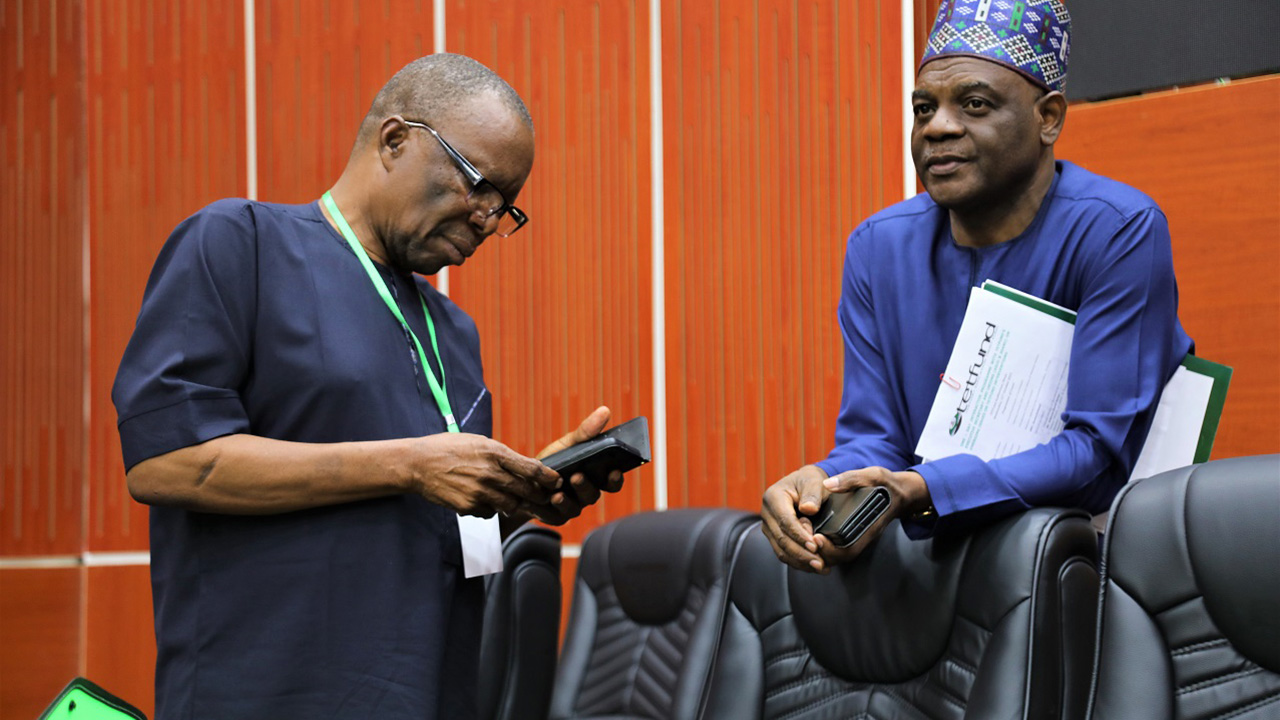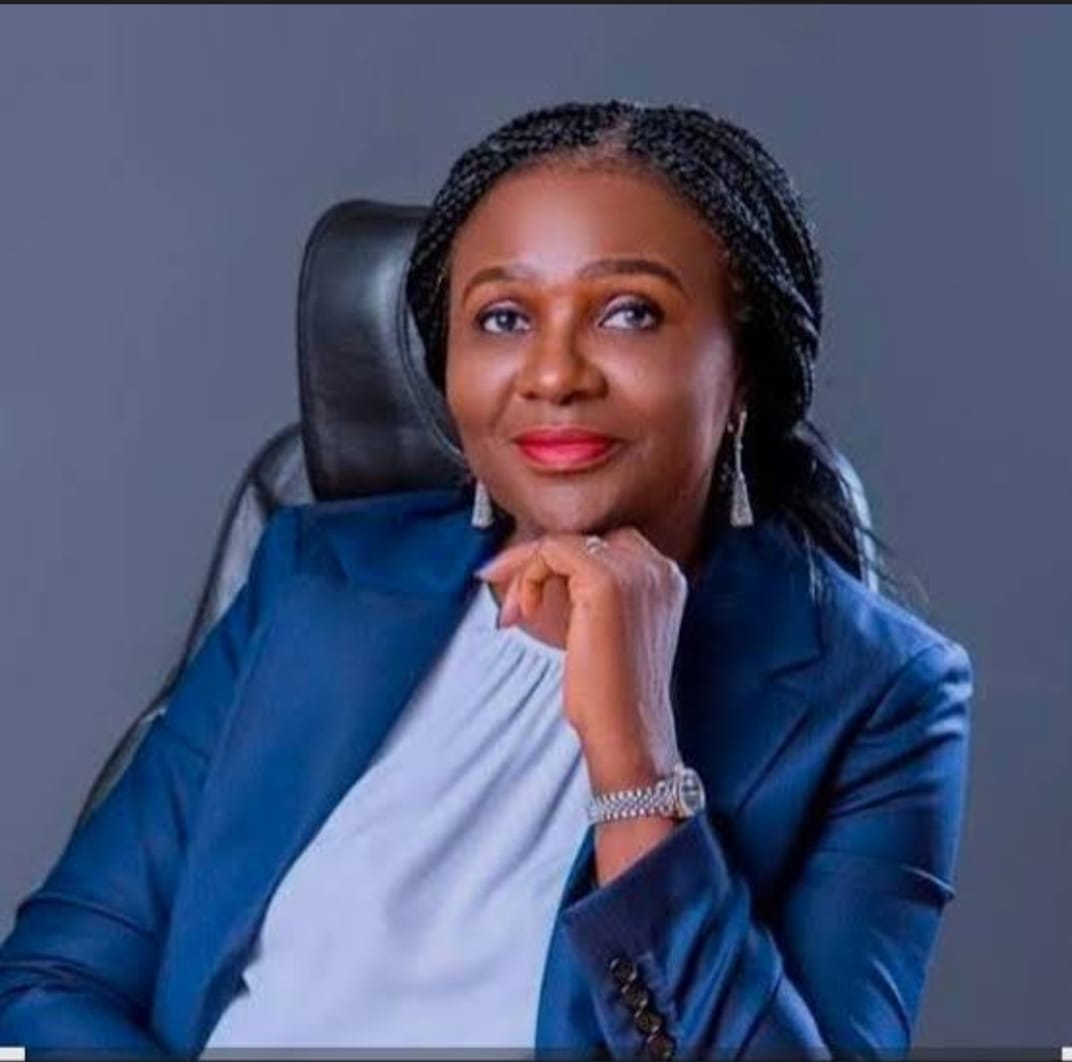
Industrial actions in Nigeria’s public tertiary institutions have profound and multifaceted effects on the educational system, students, faculty and the overall socio-economic landscape. These disruptions often stem from disputes over issues such as inadequate funding, poor working conditions and disagreements on policy implementation. The consequences of these industrial actions are far-reaching and impact the various aspects of the educational sector.
Since assumption of office on May 29, the President Bola Ahmed Tinubu’s administration has taken significant strides towards ensuring industrial harmony in public tertiary institutions in line with its Renewed Hope Agenda. At the heart of this is the Executive Secretary, Tertiary Education Trust Fund (TETFund), Arch Sunny Echono.
In his determination to ensure industrial harmony in the Ivory Towers, the Executive Secretary in the course of the year, met with members and leadership of various unions of TETFund beneficiary institutions.
For the Fund, the meeting was yet another proactive engagement against the backdrop of the prevailing challenges in public schools with a view to sustaining the steady growth and development of the tertiary education sub-sector.
Echono believed that a key success factor remains a consistent engagement and brainstorming on how best to improve the sub-sector.
Aside providing enabling environment for participants to understand some of the challenges and difficulties in the delivery of quality education in the nation’s institutions, the meeting equally served as a platform to discuss towards mitigating incidences of industrial disputes in the tertiary education sector as well as look at ways to prevent and avoid their occurrences.
Addressing participants at the forum, Echono said: “Education occupies an important place in the scheme of things not only in Nigeria but globally. Specifically, nations have relied on the tertiary education sub-sector for the development of the critical manpower needed in all sectors, for development and industrialization.
“The world is currently faced with several consequential challenges that include among others climate change and population explosion. It is universally accepted that tackling these challenges will remain elusive without significant investments in education.
“The primary responsibilities of our tertiary institution is the development of human capital through the advancement of knowledge, skills and other competencies. Whereas the trend globally is tilting towards digital and innovative knowledge to tackle global challenges in accordance with the UN Sustainable Development Goals, as a nation, we are still far from attaining this goal.”
“There is absolutely no doubt that the unions play a significant role not only in the development of our tertiary institutions but of the entire education sector and the country through their various activities and contributions.
“They remain stakeholders that should be encouraged. Several studies have shown that strong unions could lead to innovation while lecturer/teacher leadership and empowerment has been identified as a key factor for all unions.”
On the issue of industrial actions, Echono highlighted the consequences on the standard of education as well as general development on the education sector. He tasked stakeholders to unify efforts to ‘reposition tertiary institutions for the challenges of the times’.
The TETFund boss disclosed that the intervention agency sponsored an estimated 71,106 academic and non-academic staff to foreign and local conferences between 2011 and 2021.
“It is also a fact that issues related to industrial strike affect the development of education in the country. Studies have shown a link between poor student performance and industrial strike by unions.
“The arguments generally are that the quality of teaching and learning will significantly improve when teaching and learning are uninterrupted. Furthermore, building world class institutions requires a consistent and regular academic calendar and this is often affected by industrial strikes.
“However, a closer look will also show that many industrial strikes by the unions were for the improvement in teaching and learning conditions for both staff and students. It is for these reasons that sessions like this are organized to deliberate and find common grounds on issues of mutual interest and benefits. There is the urgent need for all stakeholders to unify efforts to reposition our tertiary institutions for the challenges of the times.”
Highlighting the steps that led to the establishment of TETFund, Echono was elated that the Fund currently provides intervention in 253 public tertiary institutions in the country, which include, 99 Universities, 79 Polytechnics and 75 Colleges of Education.
Without a doubt, the Fund has recorded laudable achievements under its various intervention lines since its establishment. These include various infrastructural projects across Universities, Polytechnics and Colleges of Education that range from classrooms, theatres, to halls and laboratories.
It has equally provided sponsorship to thousands of scholars and lecturers across tertiary institutions in Nigeria for academic staff training and development as well as conference/workshops attendance both locally and overseas. It has further equipped and sponsored the publication of books and manuscripts and provided grants to scholars and lecturers under both the NRF and IBR grants.






